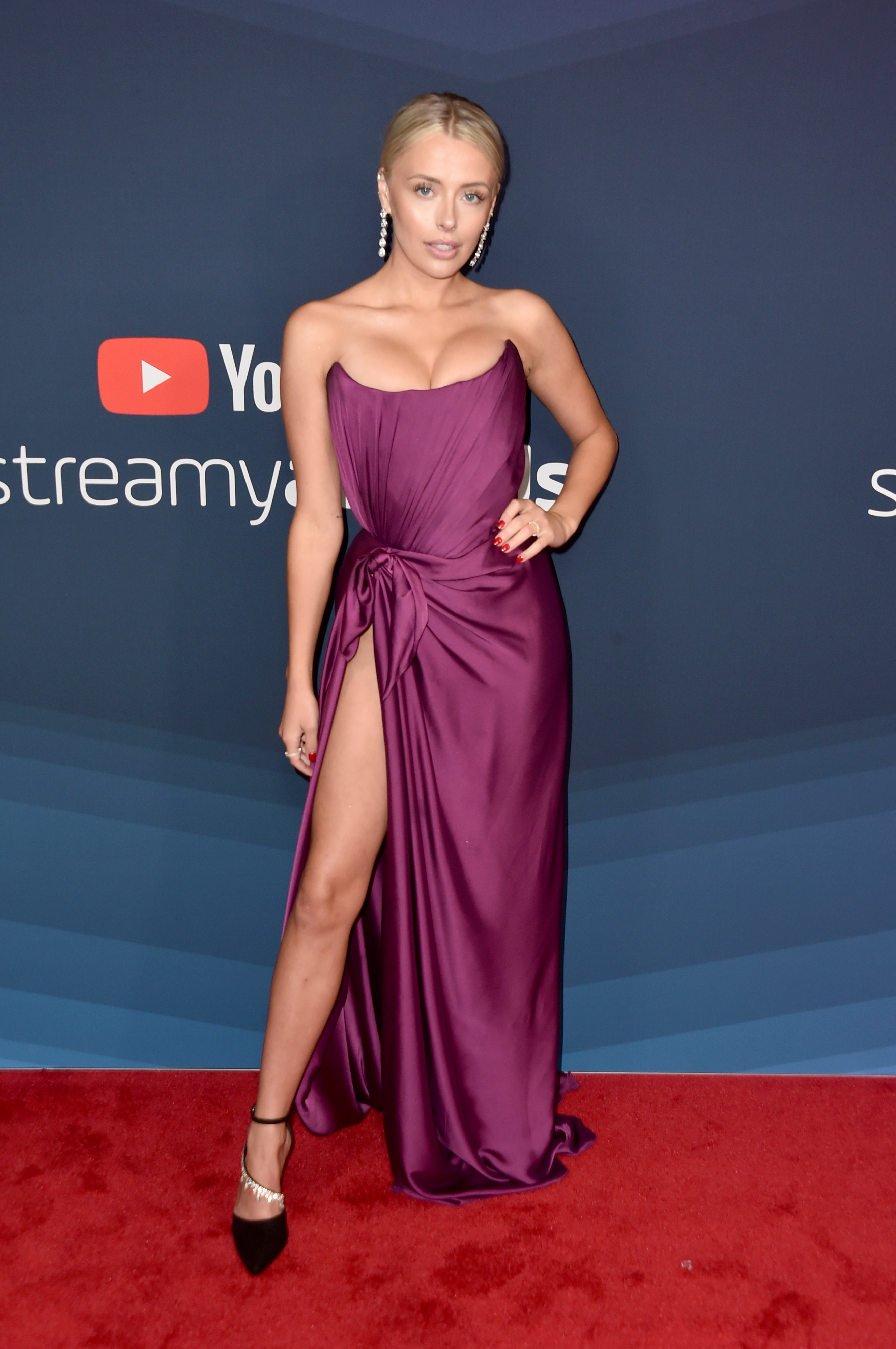In the rapidly evolving landscape of digital celebrity and content creation, the boundaries of privacy are constantly tested. The alleged leak scandal involving popular online personality Corinna Kopf brought these critical issues into sharp focus, sparking widespread discussion about digital security, consent, and the vulnerability of public figures online. What exactly transpired, and what does it signify for the broader digital community?
Editor's Note: Published on 2024-07-28. This article explores the facts and social context surrounding the "Corinna Kopf leak scandal."
Origins of the Digital Turmoil
The controversy surrounding Corinna Kopf began to gain significant traction within online communities following allegations of unauthorized distribution of private, explicit content. While the specifics of the content itself remain a sensitive subject, the core of the scandal revolved around the claim that personal material, intended for a private audience or obtained without consent, had surfaced publicly. This incident quickly escalated beyond a typical online rumor, drawing considerable attention across various social media platforms and news aggregators. The initial spread was rapid, fueled by the viral nature of internet dissemination, where unverified information can achieve widespread reach within hours. The alleged leaks prompted immediate reactions from Kopf's fanbase, fellow content creators, and the general public, igniting debates about the ethical responsibilities of those who share such content and the legal ramifications for those involved in its unauthorized distribution.
"The internet, while a powerful tool for connection, also represents an unparalleled vector for privacy breaches. Once personal content is out, the battle for control often becomes an uphill, if not impossible, fight." A digital security expert, commenting on the challenges of content control.
The Immediate Aftermath and Public Reaction
Following the emergence of the alleged leaked content, the online sphere reacted with a mixture of support, condemnation, and intense speculation. Corinna Kopf, a well-known figure with millions of followers across platforms like Instagram and OnlyFans, found herself at the epicenter of a storm that highlighted the precarious nature of online fame. Reactions from her community were bifurcated; many expressed strong solidarity and condemned the perpetrators of the alleged leaks, emphasizing the victim's right to privacy and denouncing non-consensual sharing. Conversely, some elements of the internet, unfortunately, contributed to the virality and exploitation of the situation, underscoring the darker side of online anonymity and the challenges in policing harmful content. Major social media platforms faced renewed scrutiny regarding their content moderation policies and their capacity to effectively curb the spread of private information and illicit material. This period was marked by a palpable tension between the desire for open discourse and the urgent need to protect individuals from digital harm.
Key Insight: The scandal underscored the alarming speed at which private information can be disseminated across the internet, making containment nearly impossible once it is released into the public domain.
Shocking Fact: Despite existing legal frameworks against non-consensual sharing, the global and decentralized nature of the internet often complicates enforcement and victim recourse.

